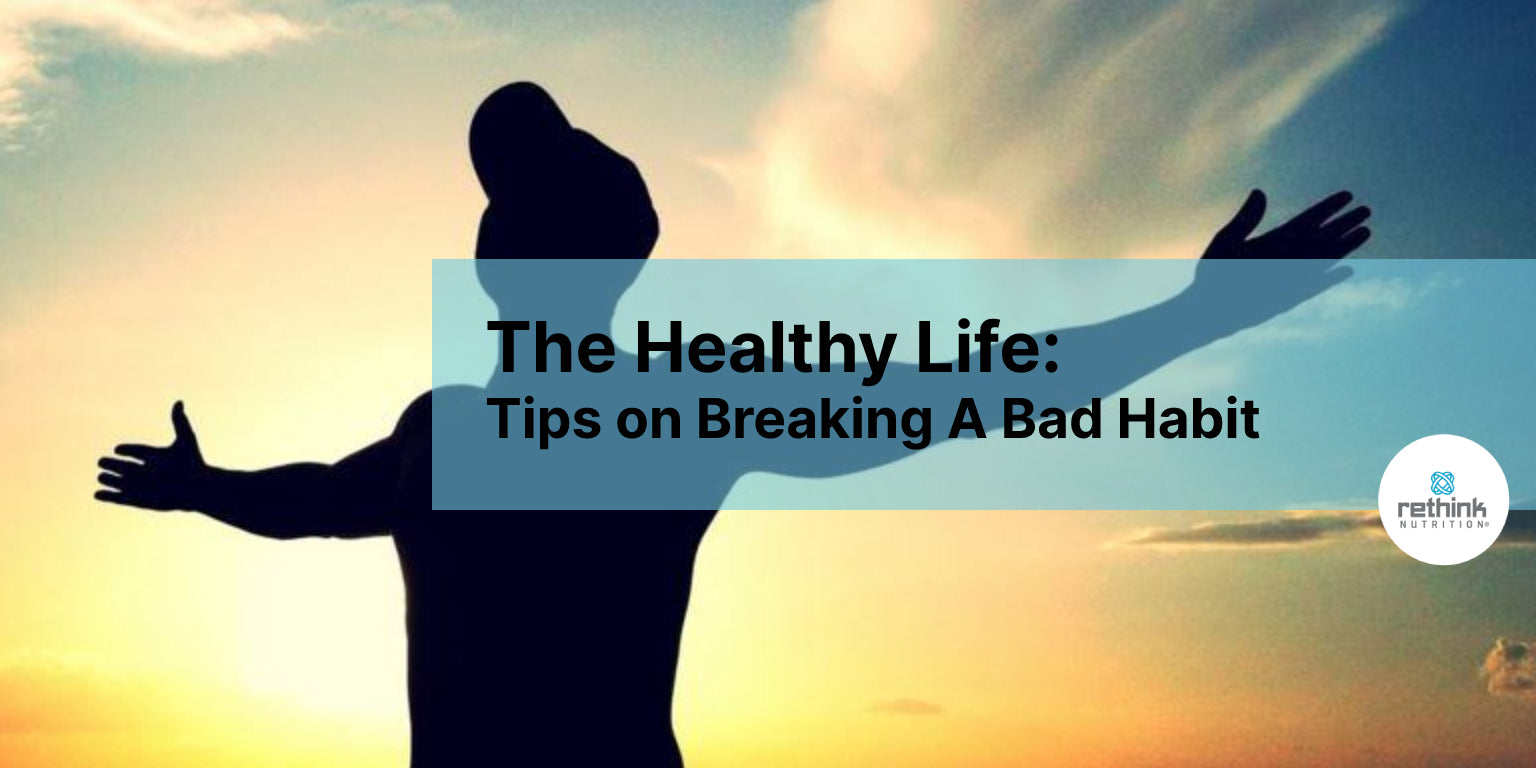We are comfort-seeking critters, and that leads us to some compulsive bad habits.
Despite this, with some preparation, commitment and concentration, we can change our habits. It is worth it for all the possible rewards, including sustainability, a blueprint for future behavioral transformation, and improved self-esteem.
Self-belief—the belief in one's efficiency and ability to chart one's course—puts wind on our sails for just about every effort we encounter.
But how long does it take to break a bad habit, and how do you develop positive and bad habits? If you want to stop smoking, eat healthily, or taking some other habit-breaking or habit-making, here are seven easy ways to break bad habits:
#1 Prepare for what’s ahead
If the goal is weight loss, a healthy diet, increased health, or a different lifestyle, some of the easiest ways to break unhealthy habits is to brace yourself to feel awkward. We resist discomfort as humans. We're waiting for the will or the sensation of coming over us. There is a lack of readiness to admit that anything will be painful that stops us from where we have to go.
#2 Create a plan
Start a new habit or change a negative one: have a start date and opportunities to change your behavior and chart your success and obstacles. You want to watch your self-talk, too.
It's easy to say, "Life is tough right now; I'm going to start at another time.' You have to watch that you don't seduce yourself from change."
#3 Set achievable objectives
People always take more than they can. They pledge to use a treadmill every day, but instead of starting slowly, they're running for the very first time in 30 minutes. Not only can this result in physical harm, but it can cause them to avoid using a treadmill immediately. Rather than make colossal efforts, it is necessary to follow incremental objectives.
#4 Establish incentives
Incentives can inspire you to do uncomfortable things. You may create symbolic incentives, such as tossing dollars into a cookie jar, for you to indulge in good actions every day.
It's also a great way to get back into a good habit if you stumble along the way – and you're more likely to continue in the right direction.
#5 Maintain your priorities
Bring an index card with you detailing the effects of behavioral modification at a time when your feelings are challenging you. The positive that a transition will happen can be instant, like reduced blood pressure, and not shortly, like an urge to enjoy your grandchildren. When you're hurting right now, you need a plan to deal with the pain right now.
#6 Hold the temptation away
When you want to eat better, leave the dangerous food out of your pantry and refrigerator. If you're going to stop smoking, get rid of the cigarette. Not only does this drive the lure away, but you also build a counter-incentive by not buying these items. The money you would otherwise spend buying these things can be saved and used later on for anything you like.
#7 Recognize that this is a journey
Since you know a behavioral shift, what happens next? It's time to follow a repair plan or, as Dr. Bea states, to relapse-prevention mode.
Our humanity can drag us back. We are creatures of habit, and bad habits still have control over us. When you fall back into the wrong ways, note that sometimes it takes many trials to get to where you want to go.
Bad practices disrupt your life and discourage you from fulfilling your goals. They put your life at risk—mentally and physically and waste your time and resources. Then why are we even doing them? Most notably, is there something you can do about it?
Let's concentrate on the process of making improvements in the real world. How can you get rid of the negative habits and commit to healthy ones instead?
What triggers the bad habits?
Most of your bad habits are due to two things.
Stress and boredom.
Most of the time, unhealthy habits are just a way to cope with tension and boredom. Anything from biting your nails to overspending a shopping spree to partying every weekend to wasting hours on the internet can be an easy reaction to tension and boredom.
But it doesn't have to be like that. It would help if you taught yourself fresh and healthier ways to cope with stress and boredom, which you can override with unhealthy habits.
Of course, often, the tension or boredom on the surface is triggered by deeper problems. These problems can be hard to think about, but you have to be honest with yourself if you're serious about making improvements.
Are there any convictions or motives behind bad habits? Is there something more profound—a doubt, an occurrence, or a little belief—that lets you cling on to something wrong for you?
It is essential to understand the roots of your poor habits to resolve them.


